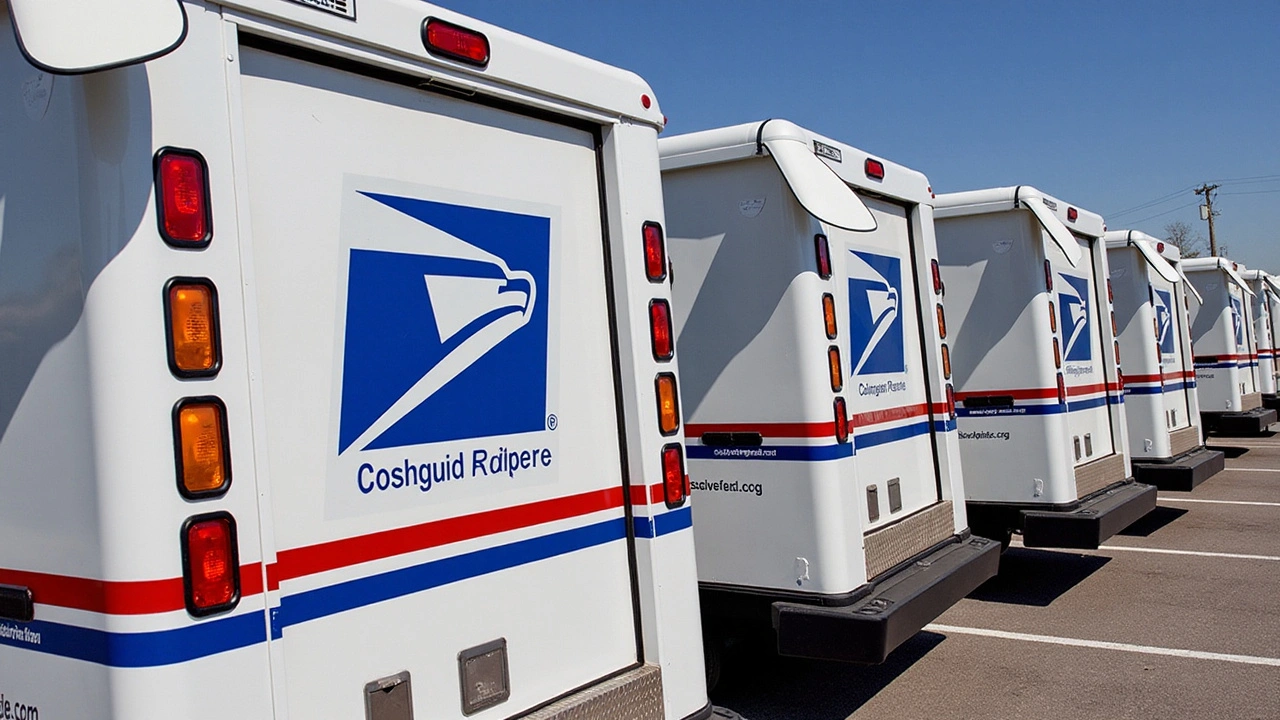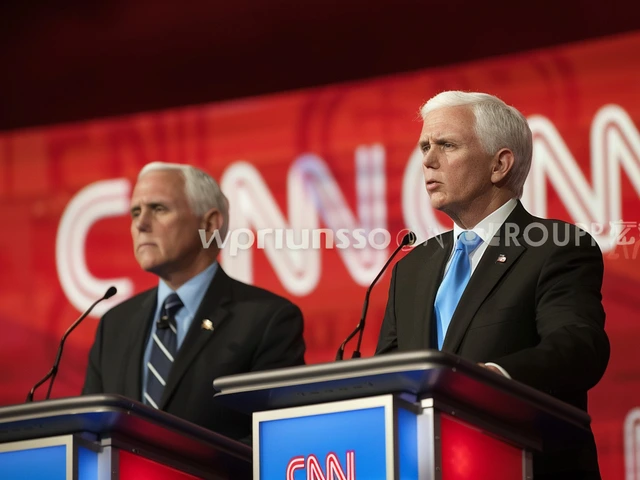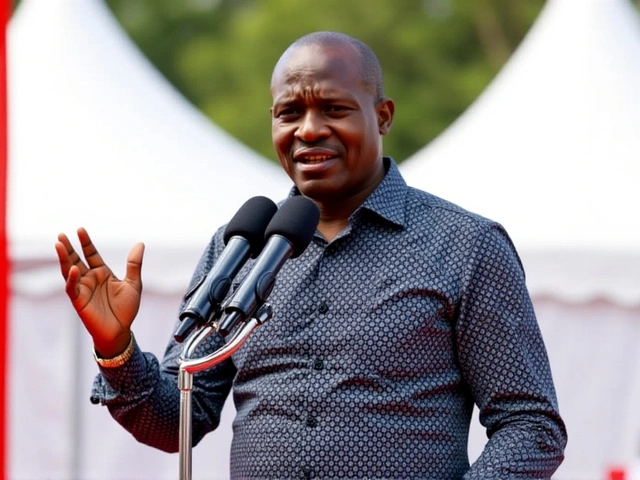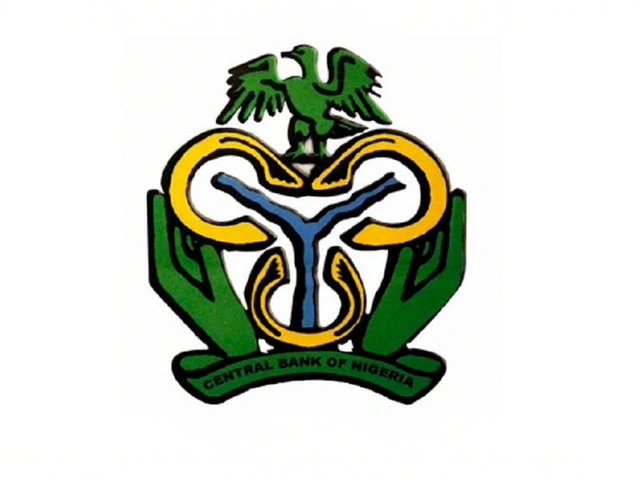The Observance of Columbus Day and Indigenous Peoples' Day
The second Monday of October holds a particular significance in the American calendar, earmarked as Columbus Day. This federal holiday commemorates the momentous arrival of the explorer Christopher Columbus in the Americas in 1492. For years, this day has stood as a tribute to the spirit of exploration and adventure embodied by Columbus’s journey across the Atlantic Ocean. However, not everyone views this moment in history with celebration. For many, especially within Native American communities, Columbus Day is a painful reminder of an era marked by colonial cruelty and oppression.
This contention has sparked a cultural dialogue redefining the observance of this day. An increasingly popular alternative has emerged known as Indigenous Peoples' Day. This shift seeks to honor the rich heritage and history of the Indigenous peoples, historically overshadowed by the singular narrative of European discovery. Many states and cities across the United States now acknowledge this day, striving to bring awareness to the significant historic contributions and present realities of Indigenous communities.
The Impact on USPS and Other Services
As a federal holiday, Columbus Day significantly affects the operations of various key services in the country. The United States Postal Service, for example, suspends its operations on this day, halting all mail deliveries. This pause is part of the broader federal acknowledgment, as the USPS recognizes a total of 11 official holidays each year.
Aside from mail services, numerous other sectors find their schedules altered in recognition of Columbus Day. With federal governance and the Federal Reserve acknowledging the day as a public holiday, banks remain closed, though their online and mobile services continue unabated to minimize inconveniences for customers. Interestingly, while traditional banking operations are halted, stock markets proceed as usual, maintaining their scheduled trading sessions to cater to global markets that do not observe this holiday.
Regional Observances and Local Impacts
The way Columbus Day is observed often varies from one region to another, reflecting the diversity of cultural sentiments across the United States. In Illinois, for example, the day remains prominently marked on the calendar. Yet, the state also pioneers a separate observance for Indigenous Peoples' Day, dedicating the last Monday of September to this recognition. Chicago, in particular, stands out for its traditional Columbus Day Parade, proudly organized by the Joint Civic Committee of Italian Americans, celebrating the cultural heritage of Italian Americans in the city.
The holiday’s observance also affects schools within the region. For instance, Chicago Public Schools have progressed to recognize the day exclusively as Indigenous Peoples' Day, halting classes. Similarly, several suburban districts, including the Indian Prairie School District #204 and Elgin Area School District U46, opt to close, reflecting growing awareness and respect towards Indigenous communities.

Continuity of Other Services
Despite these closures, many facets of daily life continue unaffected on Columbus Day. Public libraries in various cities maintain their regular hours, providing educational and communal services. Similarly, despite seven notable holidays where it steps back, Costco, along with many other retailers and grocery stores, remains open, ensuring consumers can access goods and services without interruption.
This dichotomy of observances creates a patchwork experience for Americans on Columbus Day. While some institutions take a day off, others continue as usual. This reflects the broader conversation ongoing in society—one balancing the honoring of tradition with a reexamination of the narratives we choose to celebrate. Whether one sits in an office, a classroom, or simply walks into a store on this day, the history and significance behind October's second Monday offer a moment for reflection on the past and hopes for a more inclusive future.






